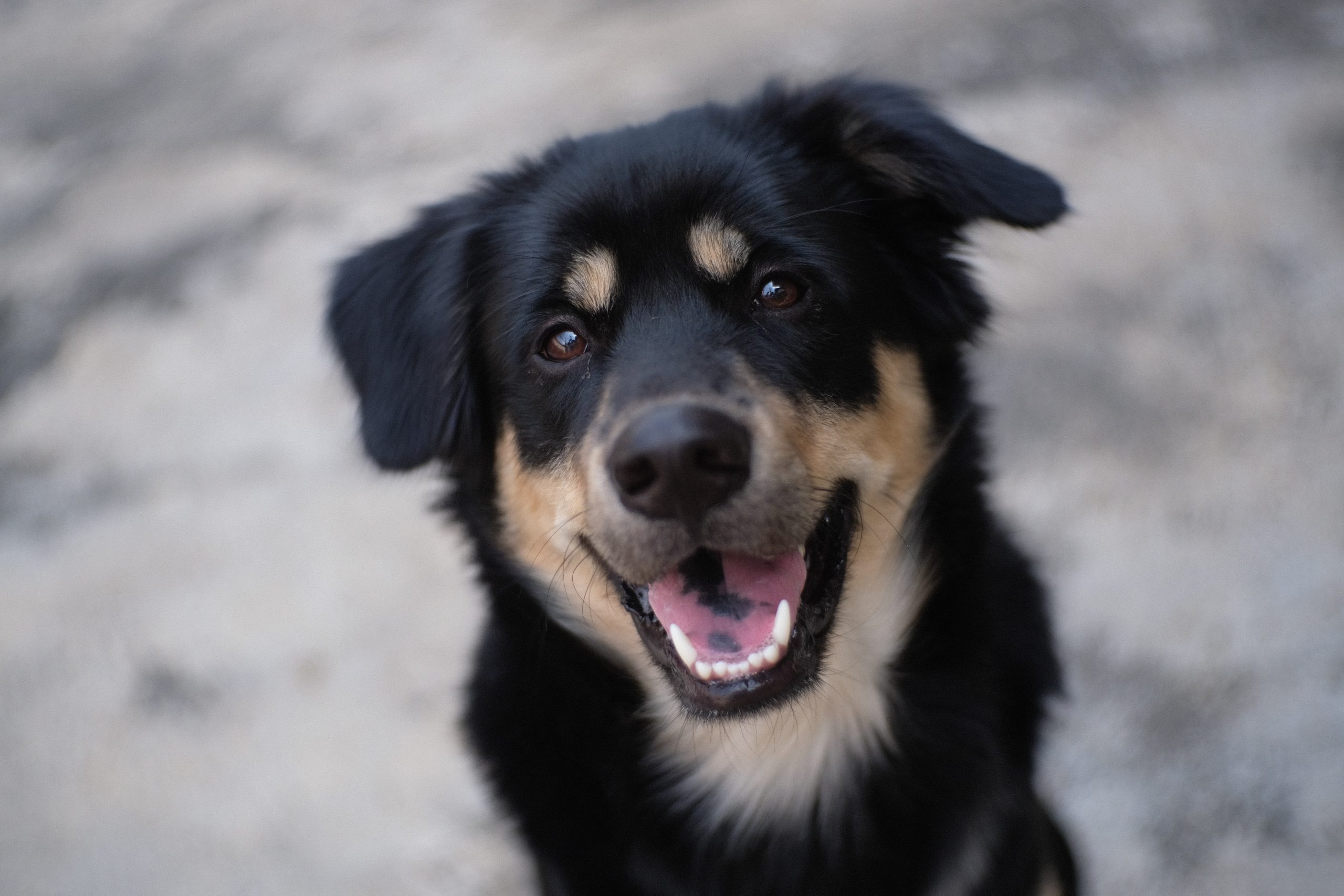Many pet owners forget about their pet’s oral health. However, neglecting your furry friend’s teeth can have serious consequences. As part of Pet Dental Health Month, the team at Chico has put together a list of tips and tricks to help you keep your pet’s mouth healthy.
The risks associated with poor dental hygiene
According to the Ordre des médecins vétérinaires du Québec, most cats and dogs over the age of three have significant tartar buildup and signs of gum disease. In fact, neglecting your pet’s dental health can result in persistent bad breath, bleeding gums, premature tooth loss and more. Just like in humans, excess tartar buildup in pets can lead to serious health problems. If left untreated, the bacteria in the mouth can gradually migrate to the vital organs, potentially resulting in death.
The importance of regular brushing
The best way to prevent gum and periodontal disease is to brush your cat or dog’s teeth every day. All you need is a soft-bristled toothbrush and a fluoride-free toothpaste. You can often find flavours like chicken, beef and peanut butter. It’s important to find a flavour your pet likes so they associate teeth brushing with a reward.
It’s a good idea to familiarize your pet with the toothbrush and toothpaste before you start regular brushing. You can start by letting your pet lick the toothpaste off the toothbrush. After that, you can practice massaging your pet’s gums with your finger before trying the real thing. This process can take several weeks. Therefore, you must be patient.
Use circular motions to brush all the outer surfaces of your pet’s teeth. Make sure you reach all the way to the back molars. It will take some discipline at first. However, once you get into a routine, brushing will become automatic. Plus, you’ll have a happy pet with fresh breath and healthy teeth.
Good and bad dental hygiene products
On top of toothpaste, there are many products designed to promote your pet’s oral health. For example, you can buy topical gels, water additives, natural leather bones, enzymatic chewable strips, rubber toys and more. Ask your veterinarian about which ones are suitable for your pet.
However, you should avoid pet mouthwashes. They only mask odours without attacking the bacteria that cause them. In addition, stay away from dental kibble that contains sugar. To make good choices about dental hygiene products, trust the experts.
Professional dental exams and scaling
You must have your pet’s teeth regularly examined by a veterinarian to detect any dental health issues. If your pet’s teeth need to be cleaned, your veterinarian may recommend scaling. This procedure is performed under general anesthesia. Depending on your pet’s age and health, your veterinarian may take certain precautions, like ordering a blood pressure check to ensure it’s safe for your pet to go under.
During the scaling, the veterinarian will carefully examine your pet’s mouth and look for any abnormalities. They’ll then manually remove tartar from the surfaces of the teeth using an ultrasound device and finish by polishing them. They’ll also apply an antibacterial solution. If necessary, X-rays will be taken to see areas that are invisible to the naked eye.
Dental care offered by groomers
Some groomers offer dental hygiene services. However, these cleanings are done without general anaesthesia and are for aesthetic purposes only. Tatar that has accumulated under the gums and between the teeth won’t be removed and can continue to wreak havoc. In other words, this type of service can in no way replace the comprehensive dental exam and scaling that can only be done by a veterinarian.
Chico: high-quality pet care products and services for over 35 years
With over 60 locations, Chico is the largest chain of pet stores in Quebec. If you need high-quality pet food, dental hygiene products and accessories for your dog or cat, visit us in store or online.

